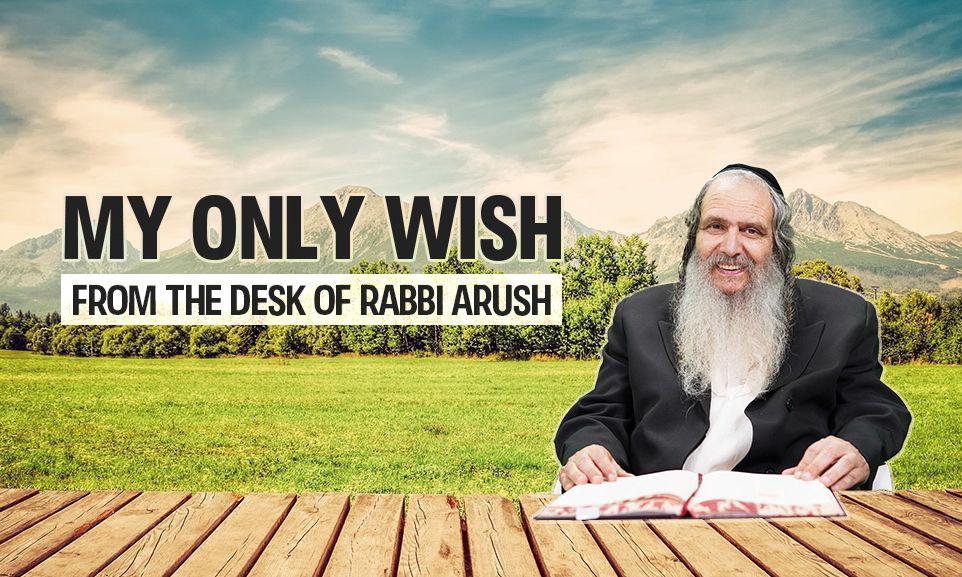
My Only Wish
Two groups of students of emuna both encounter the same test. One group of students sail through the test with no distress at all while the second group suffers intensely. What makes the difference? Rabbi Arush gives us critical advice to weather our current crises.

One Single, Strong Desire
Rebbetzin Kopshitz, the granddaughter of the gaon Rabbi Avraham Shenker zt”l, merited that all her children were tzaddikim and first-class talmidei chachamim (Torah scholars). Once, her friends took the opportunity to ask her: “Tell us, how did you merit such important, great children?” She answered simply: “How did I merit it? Because that was what I wanted. It was simply what I wanted. I wanted, and I got it.”
The Rebbetzin’s answer puzzled her friends. They thought she was trying to avoid answering the question, and they continued to ask: “What do you mean, ‘I wanted’? we too want children who are tzaddikim. Is there anyone who doesn’t want children who are tzaddikim and talmidei chachamim?! How is it that you, of all people, merited it more than others?”
“I’ll explain myself,” replied the Rebbetzin. “True – you want. Everyone wants good children, but they want other things as well: They also want a comfortable livelihood, money, a large and well-kept house. And they pray for all kinds of things. But I didn’t want anything in my life except holy descendants who learn Torah. Nothing in life interested me besides this. I didn’t pray for anything for myself, only for good children who learn Torah. That was all I wanted. That is why I merited it!”
I brought this story in my book, Yeladim Mutzlachim (“Successful Children”), taking it from the wonderful book, Tiv Hama’asiyot, and in that book the rabbi brings a wonderful insight about the saying, “Nothing can stand in the way of desire.” Notice that it doesn’t say, “the way of desires,” because the power of the desire is only when there is just one strong desire. The one desire and not a desire diluted by several different desires.
What’s the difference?
The story of Rebbetzin Kopshitz clarified something for me, something that had been puzzling me for a few years.
I have had many pupils over the years. All of them learned emuna (faith) from me. I saw some who learned and reviewed and prayed and wanted with all their hearts to acquire emuna, and of course, practiced it as well: lived it, spoke words of faith, spoke to Hashem. Seemingly, all were equal: All were holding on to their faith, all were aspiring to live a life of faith. But when the students were presented with more difficult nisyonot (trials, tribulations), suddenly a great difference between two types of students became apparent:
There were those who suffered much, their lives becoming hellish. They continued to say that everything comes from Hashem, and it is all for the best, and they continued to say that Hashem loves them and does only good. But still, they suffered greatly. These beliefs hadn’t penetrated their hearts.
But there were students who went through the exact same kind of distress, and it was probably not pleasant, but in spite of it all, they managed to maintain a sense of calmness and inner peace. Their emuna consoled them, strengthened them and enlivened them. They told me that thanks to the emuna, the nisayon was almost nothing to them, and even the reverse: it was building them and strengthening them, and they were truly happy and joyful!
I always asked myself what the difference between these two groups was. I have no doubt as to the honesty and seriousness of both types of students. All of them learned seriously; students of both types completely understood the importance of emuna in their lives, and they certainly put everything into acquiring it.
So, what was the difference?
The Miracle Cure for Suffering
Rabbi Nachman says that he who has emuna doesn’t feel any distress or suffering! And even when it comes to very difficult physical suffering, which the body certainly feels – even then it is much easier to get through it when one has emuna.
He writes clearly and unequivocally:
“He who has daat (understanding) and knows that everything happens by the hashgachah (Divine Providence) of Hashem yitbarach, experiences no suffering, and does not feel any anguish… and although there is suffering that one must feel, and that is that of the physically sick… Even so, the suffering is very light and is accepted when he knows clearly that everything happens by hashgachah from Hashem yitbarach, not to mention other types of distress and suffering which are not felt at all when one has daat.” (Likutei Moharan I 250:1)
Can anything be clearer than that?
But in our case, two types of talmidim (pupils) “know” that everything is by Divine Providence – so why do those of the first type nevertheless suffer so much at the moment of the nisayon, while talmidim of the other type accept everything easily?
Rabbeinu explains this too, in the same section, and says: “And the main distress from the suffering is because the daat is removed from him so that he will feel the suffering.”
And so, we see that the first type of students had their daat removed, and the second type did not have their daat removed, so that is why the former suffered and the latter – not.
But the question is still there: Why was the daat taken from some of the talmidim, and others were allowed to keep it?
Know Today and Take to Heart
Before we explain, we will give an introduction: From what Rabbeinu says, it comes out that emuna is not in the hands of human beings, but rather in Hashem’s hands. When Hashem wants to, he takes the daat away from a person, which is the knowledge that everything is from Hashem, by Divine Providence, and for the good – in other words, the emuna – and leaves him without emuna in his heart. And when Hashem wants to, He gives the person daat and kindles the emuna in his heart and then he lives with emuna and doesn’t feel any yissurim (suffering).
This is something that is evident: However much a person learns and knows, it is not enough. The heartfelt emuna, the emuna that strengthens and consoles one in difficult times – that is not acquired from any book! It is a gift that Hashem gives, which kindles the light of emuna in a person’s heart. It is very much an internal feeling.
It is precisely this internal feeling that makes all the difference between people experiencing the same trials, with the same emotional abilities. Whoever has the internal illumination of the emuna will not feel the yissurim; but a person whose heart is empty of this wonderful light, will suffer greatly.
You Get What You Want
And now we will explain the difference between the students of emuna who suffer during a nisayon and students of emuna who go through it with no distress at all.
One must know that at the moment of the nisayon, the daat is removed from everyone, with no exceptions – otherwise, there’s no nisayon!
Everyone who works on his emuna for years can bear witness to the fact that with every new nisayon he experiences anew the difficulty of buttressing his emuna. This is because our lives are a school for emuna, and with every nisayon in life one must acquire more and more emuna – in other words, deepen the emuna, so that it penetrates deeply into the heart.
Therefore, the emuna is removed from both groups. He who knows that only Hashem gives emuna, knows to concentrate on asking Hashem, “Give me emuna, help me get through this nisayon with complete faith that everything is from You, and everything is for the good, and that You always love me.”
But that is not enough. Because at the moment of the nisayon both types of students certainly pray and ask for emuna.
And this is where the story of Rebbetzin Kopshitz comes in: Those who want only emuna will get it; those who want emuna alongside other things will have to work much harder to merit emuna.
We must know that to want only emuna at times of trials and tribulations is even harder, because, naturally, the person wants to be rid of his suffering, be it an illness or debts or any other problem, and that is more important to him than his emuna.
But a person who wants only one thing, only emuna, even when suffering the greatest yissurim, his prayers are completely focused, in his mouth and his heart:
“Ribbono shel Olam (Master of the World), I don’t care about anything; I don’t care what will happen to me. All my life I have been fighting only for the emuna. And now, as well, I don’t want anything from You – only that You should help me get through this nisayon with full emuna; only to always remember that You love me and that everything that is happening to me is for my own good…”
In such a case, he will certainly get his emuna back and will not feel any distress or yissurim!
Rabbi Natan of Breslev said that that is the meaning of the passuk at the beginning of our parsha: Bezot – “This is how Aharon is to enter the Kodesh [Sanctuary]…” (Vayikra 16:3) is referring to the merit of the emuna; only that way can one ascend and come into the Kodesh. And since all our aspiration in life is to ascend from level to level of kedusha, we must invest all our will, all our selves and abilities in acquiring emuna.


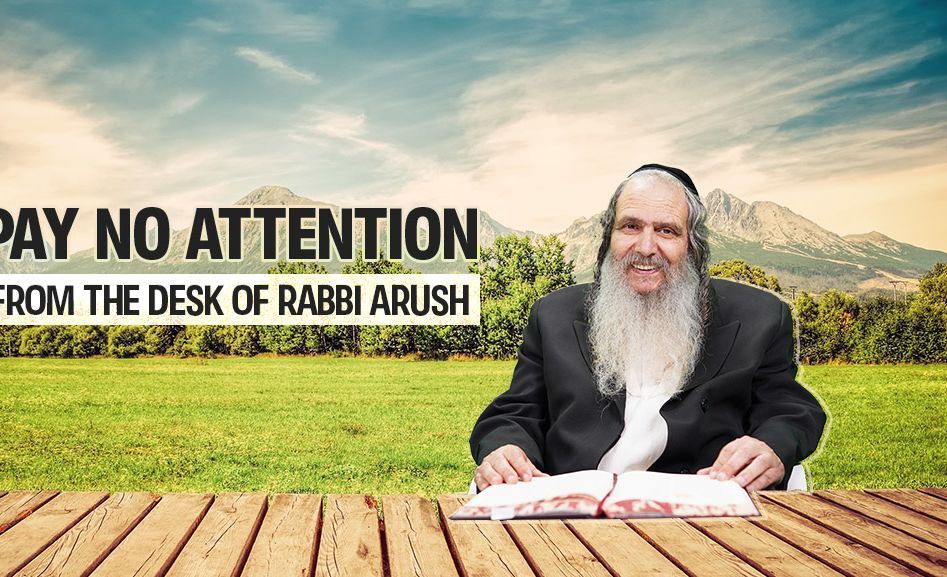
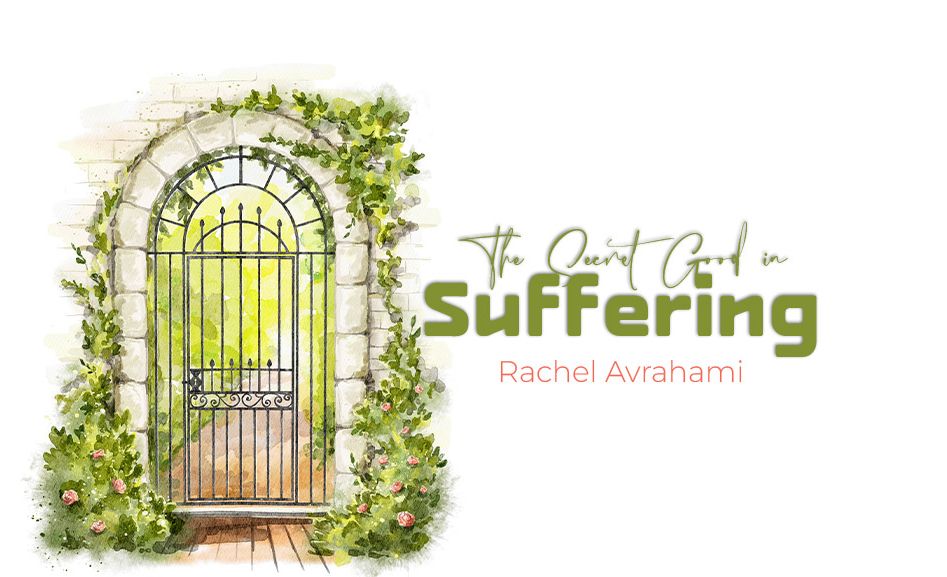
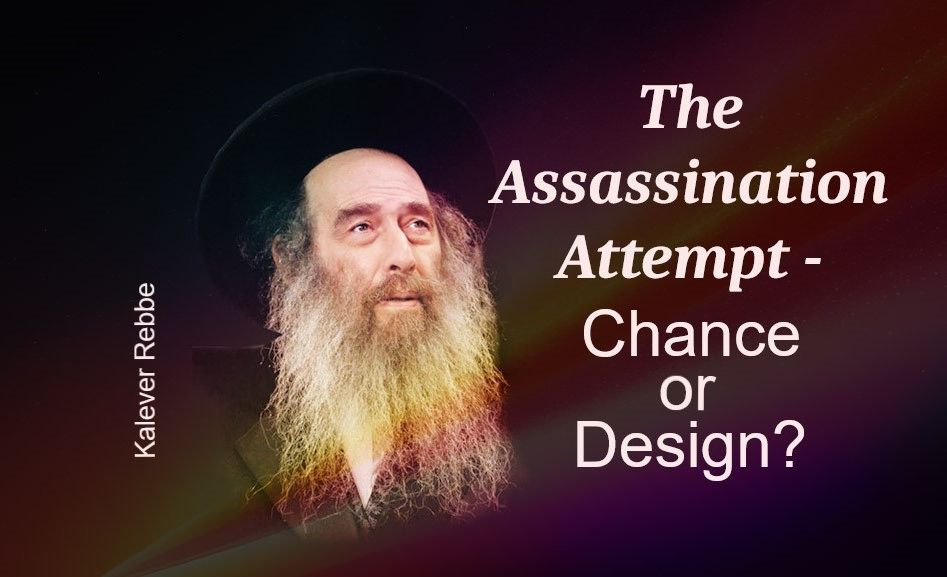
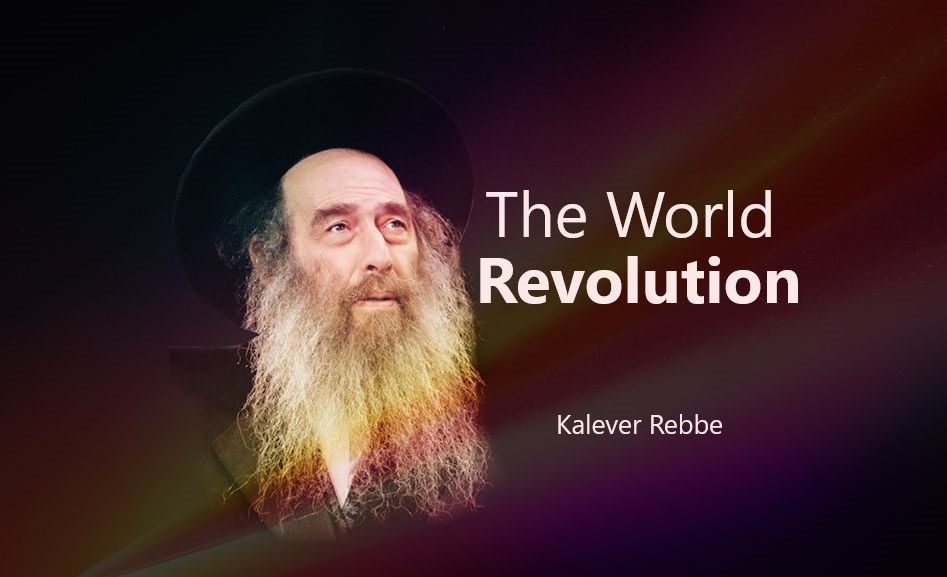
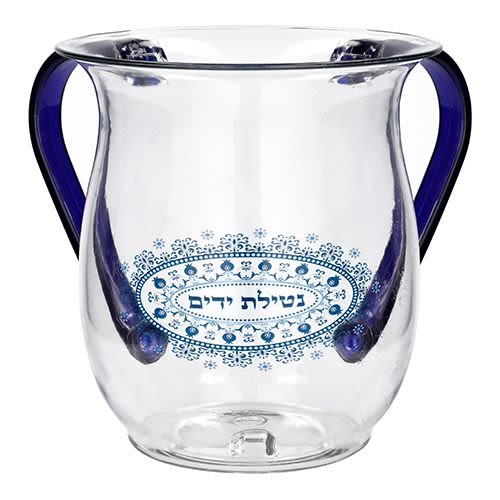
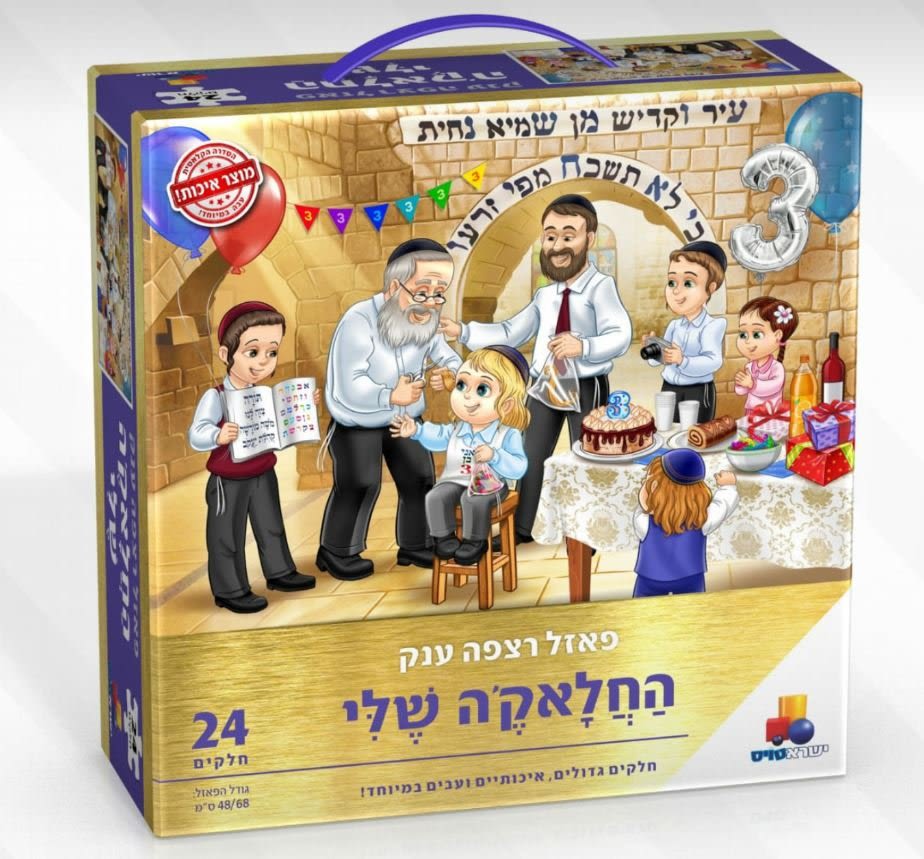
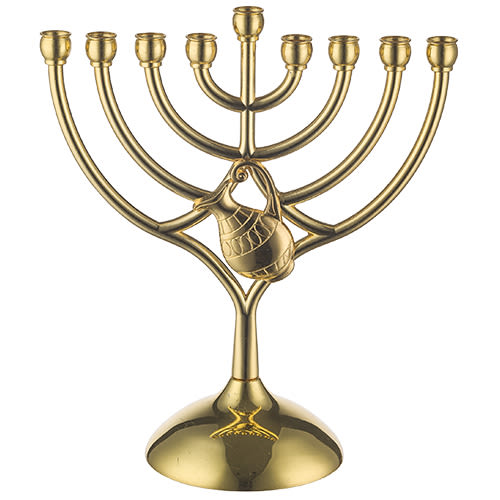

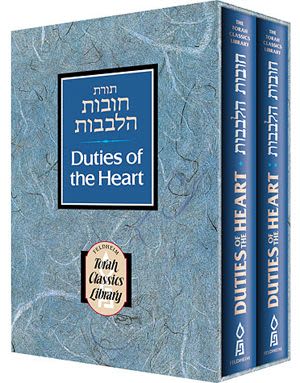
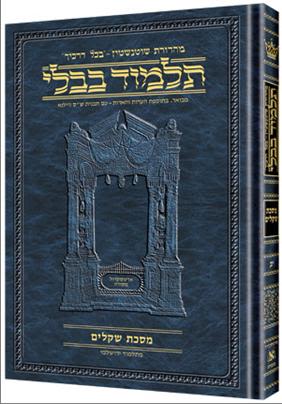
Tell us what you think!
Thank you for your comment!
It will be published after approval by the Editor.